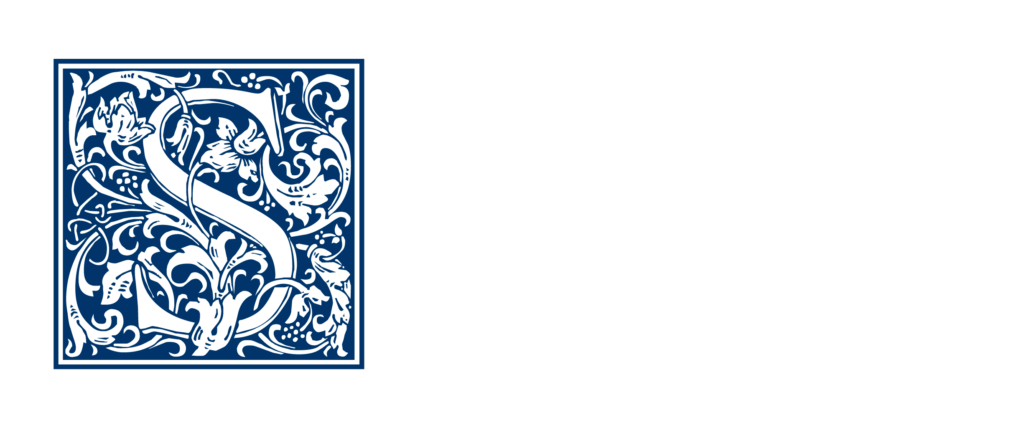
Abstract submissions are invited on the theme of the Symposium. To submit an abstract, email a 500 word abstract by July 31st to: contact@sedessapientiae.be
Check out the CFP on PhilEvents.
Timeline
- June 1st: Launch of the Call for Papers
- June 27th: Registration opens.
- July
15th31st: Abstract submission deadline - August 5th: Notification of acceptance.
- September
1114th: Registration closes.
What exactly is ‘philosophising in Mary’, or what could or should it be? Doesn’t this run the risk of making philosophy subordinate to (catholic) theological presuppositions? What could philosophy learn from theology, especially Mariology, about the role and function of philosophy? How is philosophy’s autonomy guaranteed or even enhanced by taking the Sedes Sapientiae as its exemplar? Are there specific problems posed by modern philosophy (Descartes, Hume, Kant, Hegel, Nietzsche, …) that a Marian turn in philosophy could resolve?
What if Mary, and only Mary, is Descartes’s epistemic subject without presuppositions, pride and prejudice, in virtue of her humility? What if she experienced God as asked for by Hume’s empiricism and derived an ‘ought’ from the ‘is’ of the countenance of the divine babe in her arms? What if she encountered God ‘within the bounds of a mere creature’ as implicitly asked for by Kant? What if she did not merely interpret the world differently like all other philosophers, but radically changed it as called for by Marx? What if she as a woman and because she is a woman was able to do a philosophical feat greater than which none can be conceived, by bringing forth the ground of creation within creation – not a Grand Unified Theory on paper but the one Word in human flesh? What if her bodily integrity and free Fiat was and remains the ultimate bulwark against any form of colonialism or heteronomy because the annunciation and incarnation provide the perfect model for a free interpersonal dialectics?
Other topics may include, but are not limited to:
- Concrete philosophical examples and applications of ‘philosophising in Mary’.
- Theological approaches to Mary as the figure of created wisdom.
- Historical approaches to the role of the Sedes Sapientiae.
- Historical approaches to philosophy as a feminine figure.
- Contemporary approaches from feminist philosophy and theology.
- Comparisons and tensions between philosophy as the Sedes Sapientiae and the Ancilla Theologiae.
